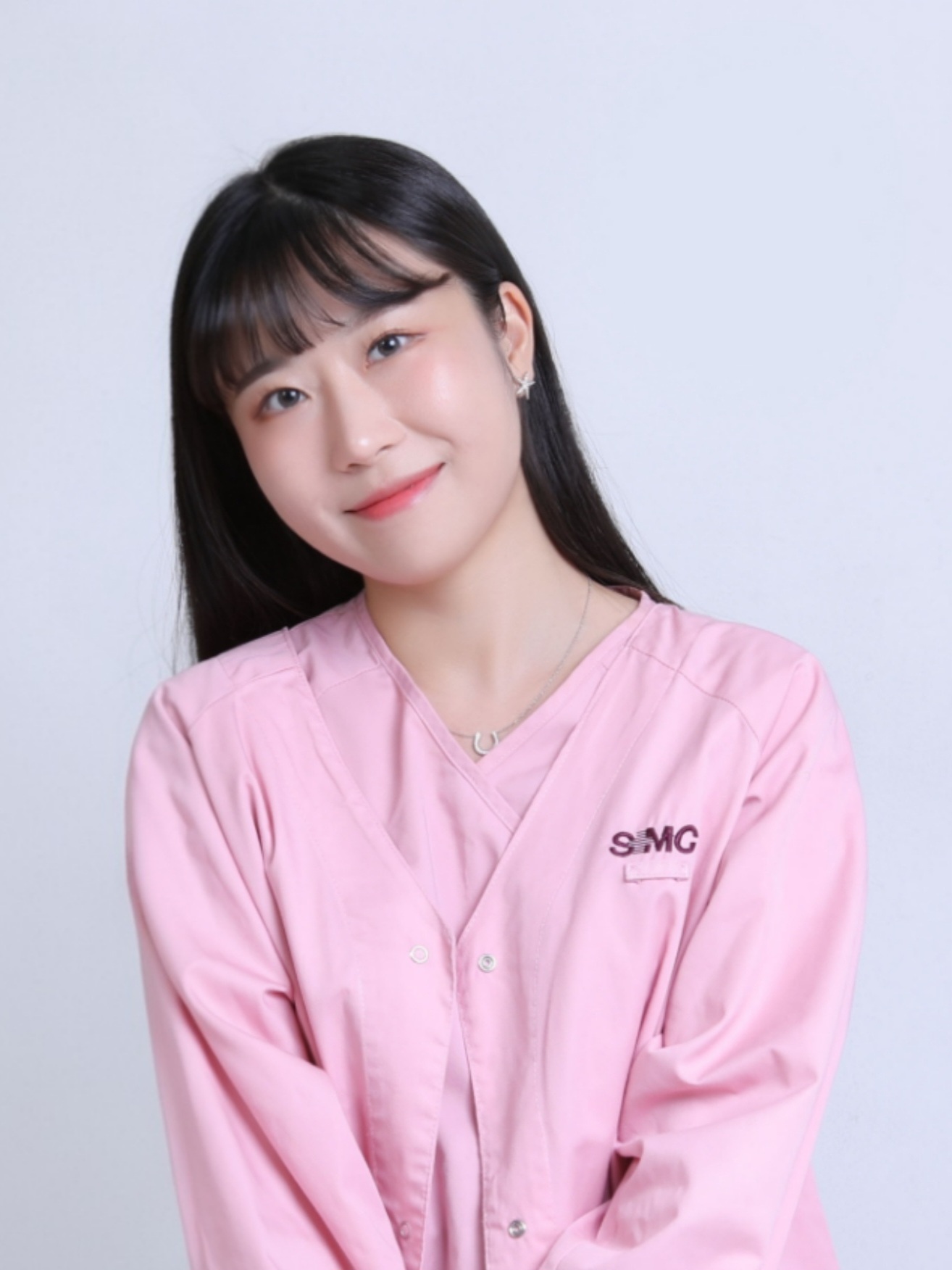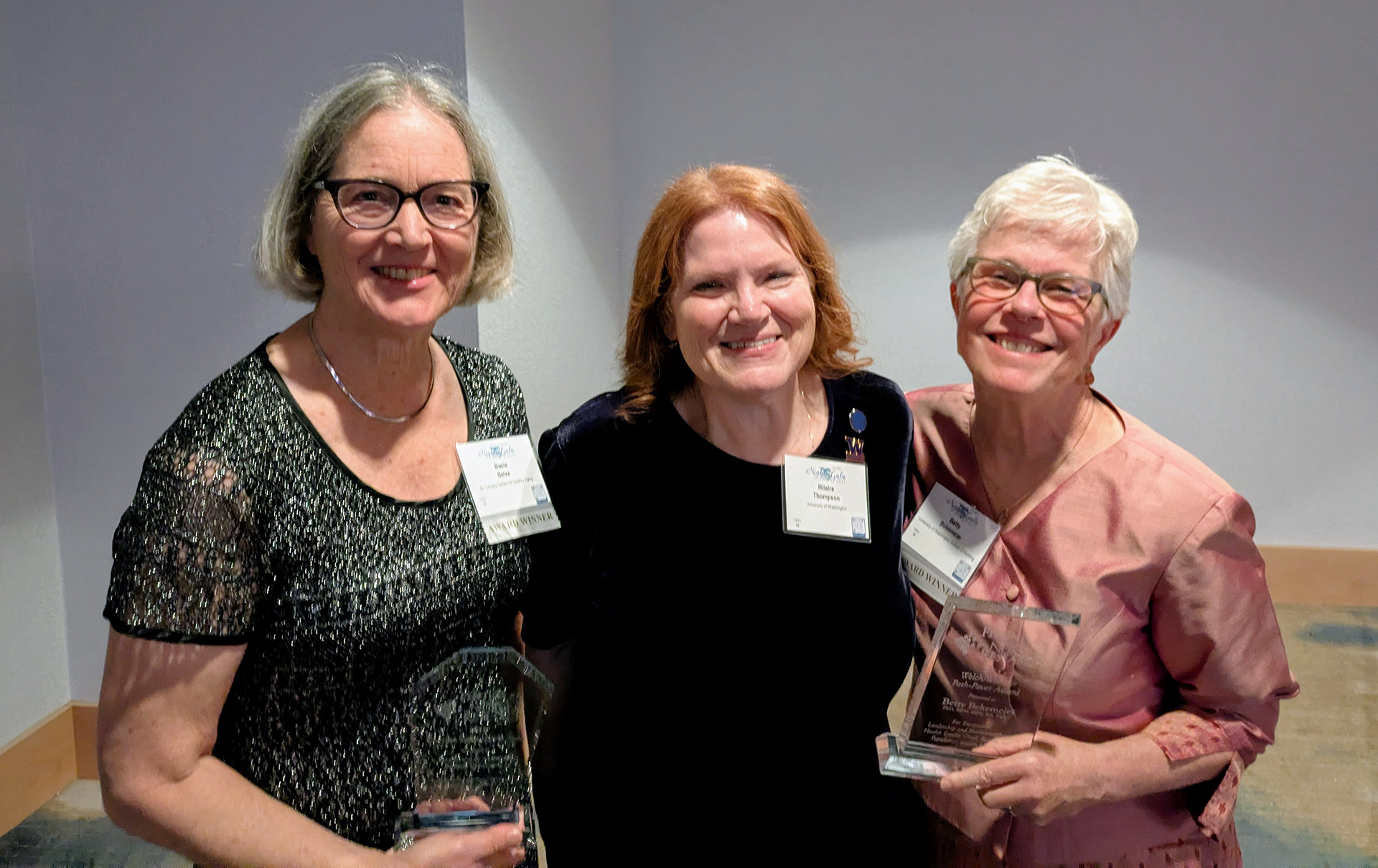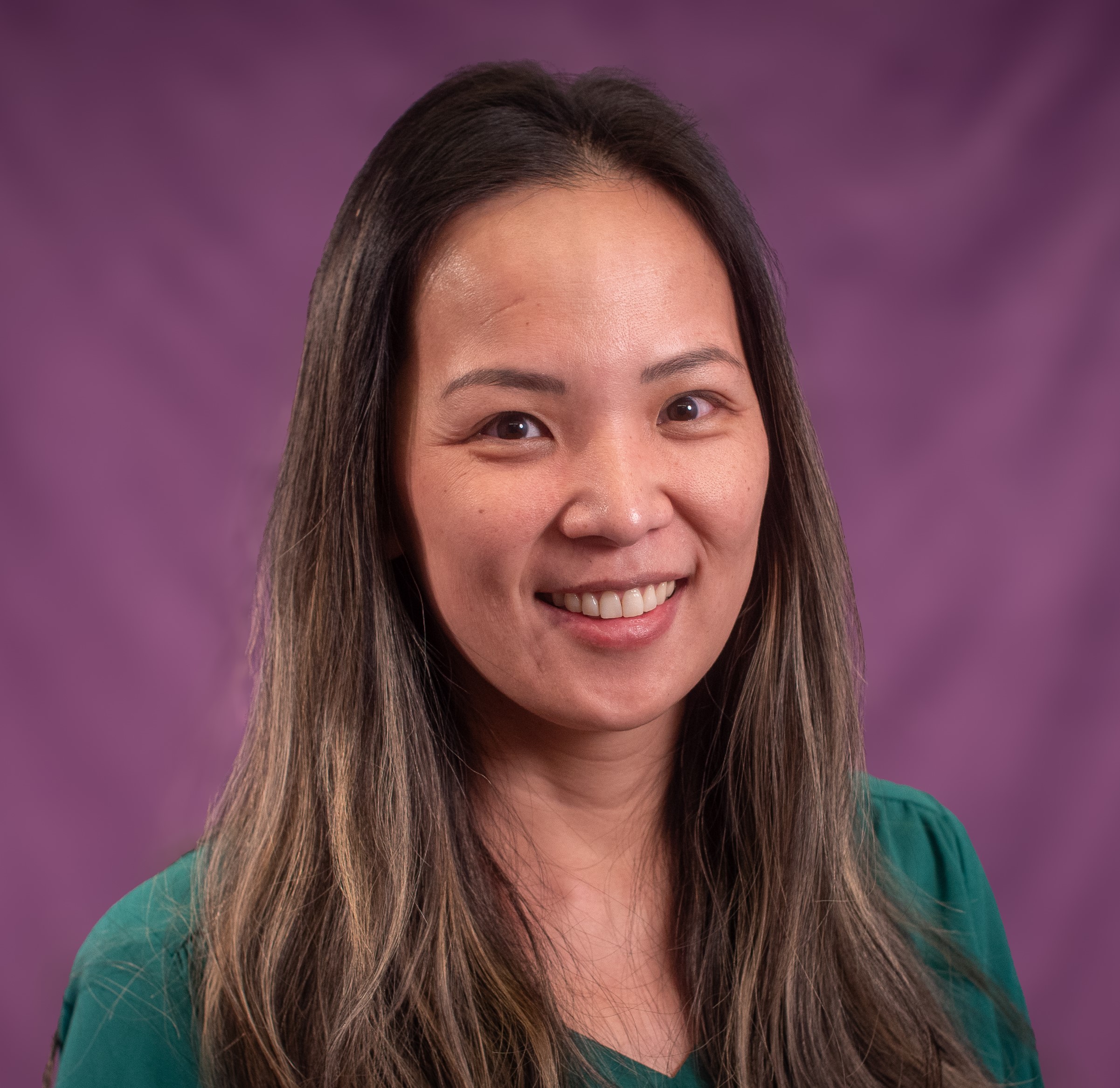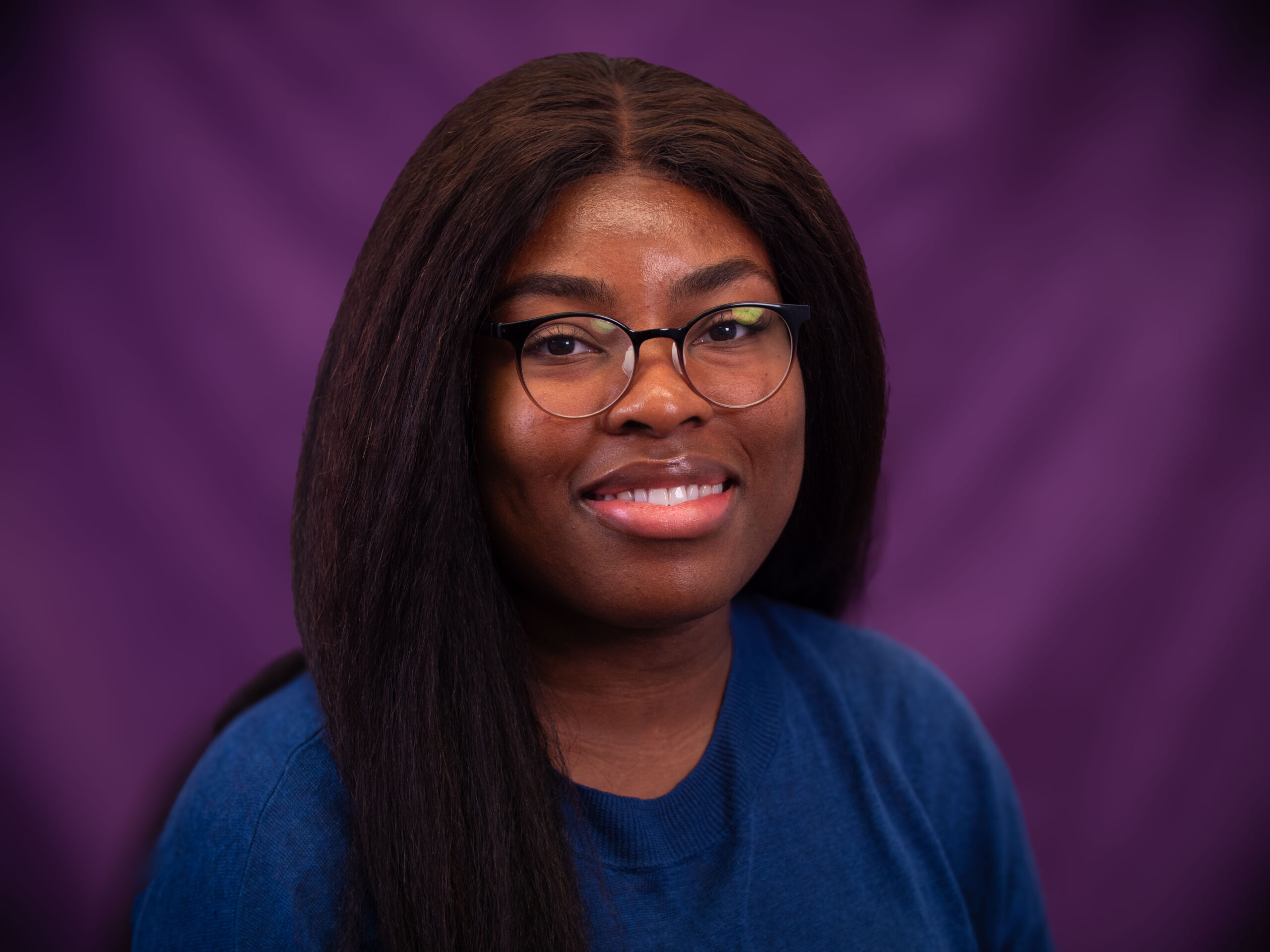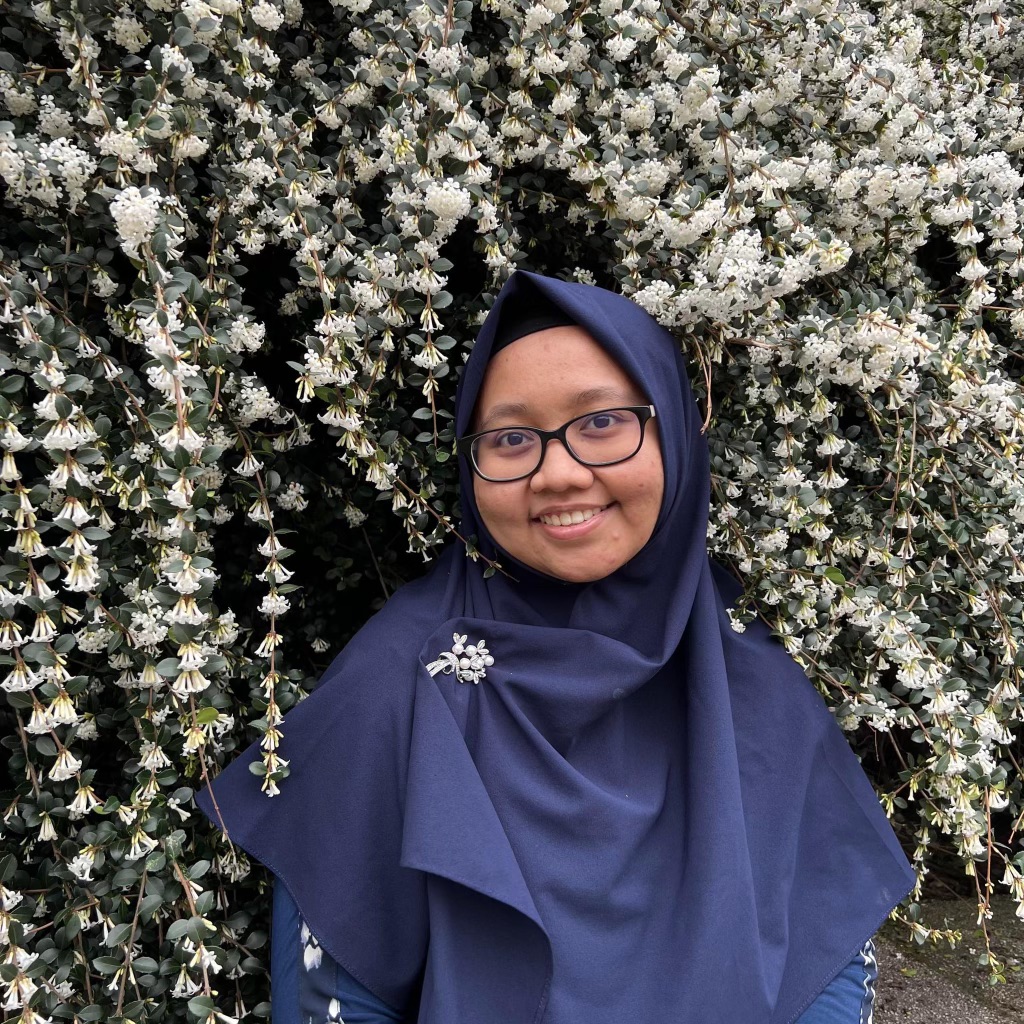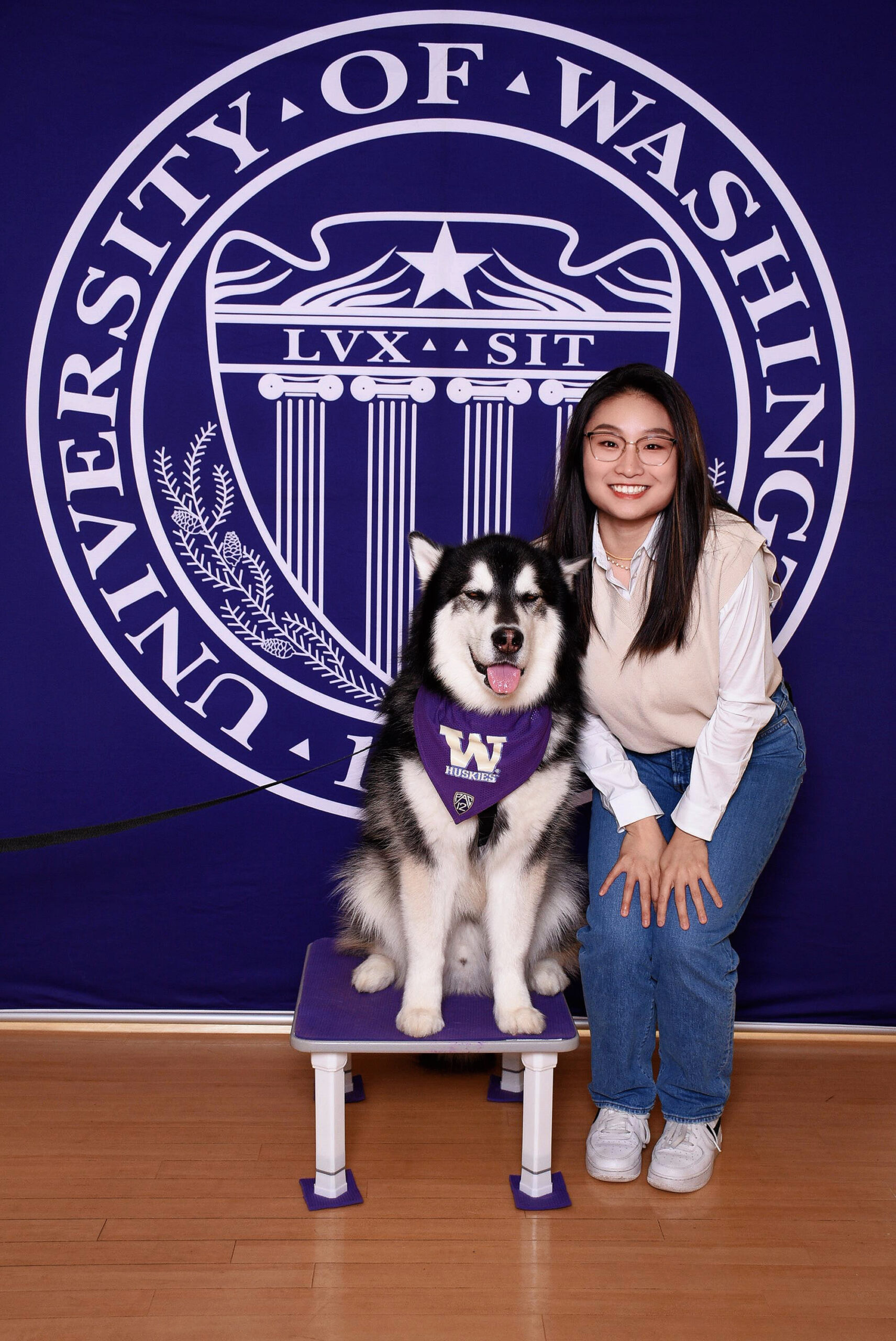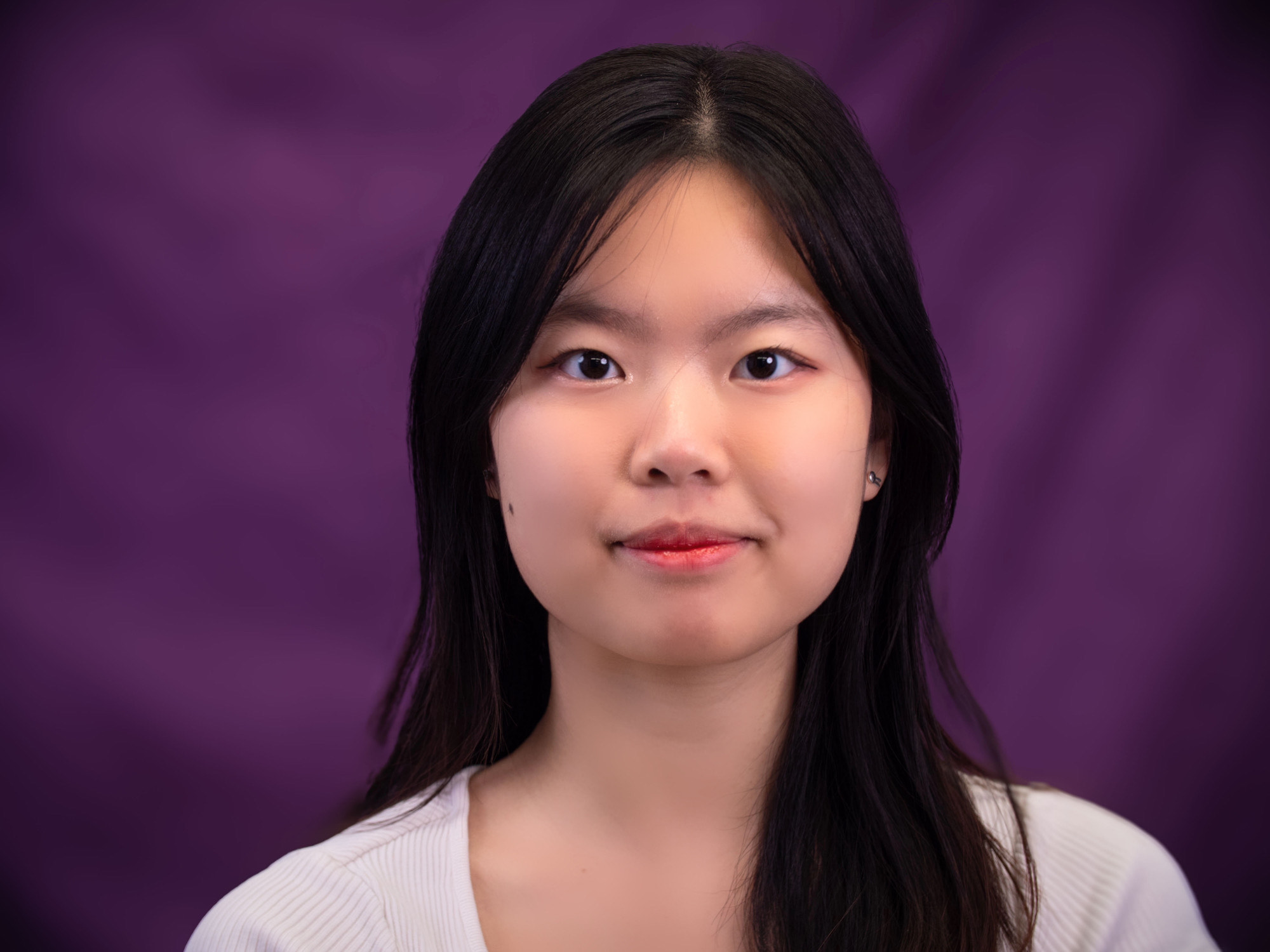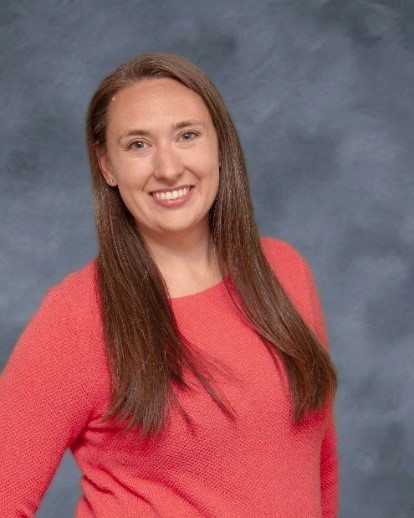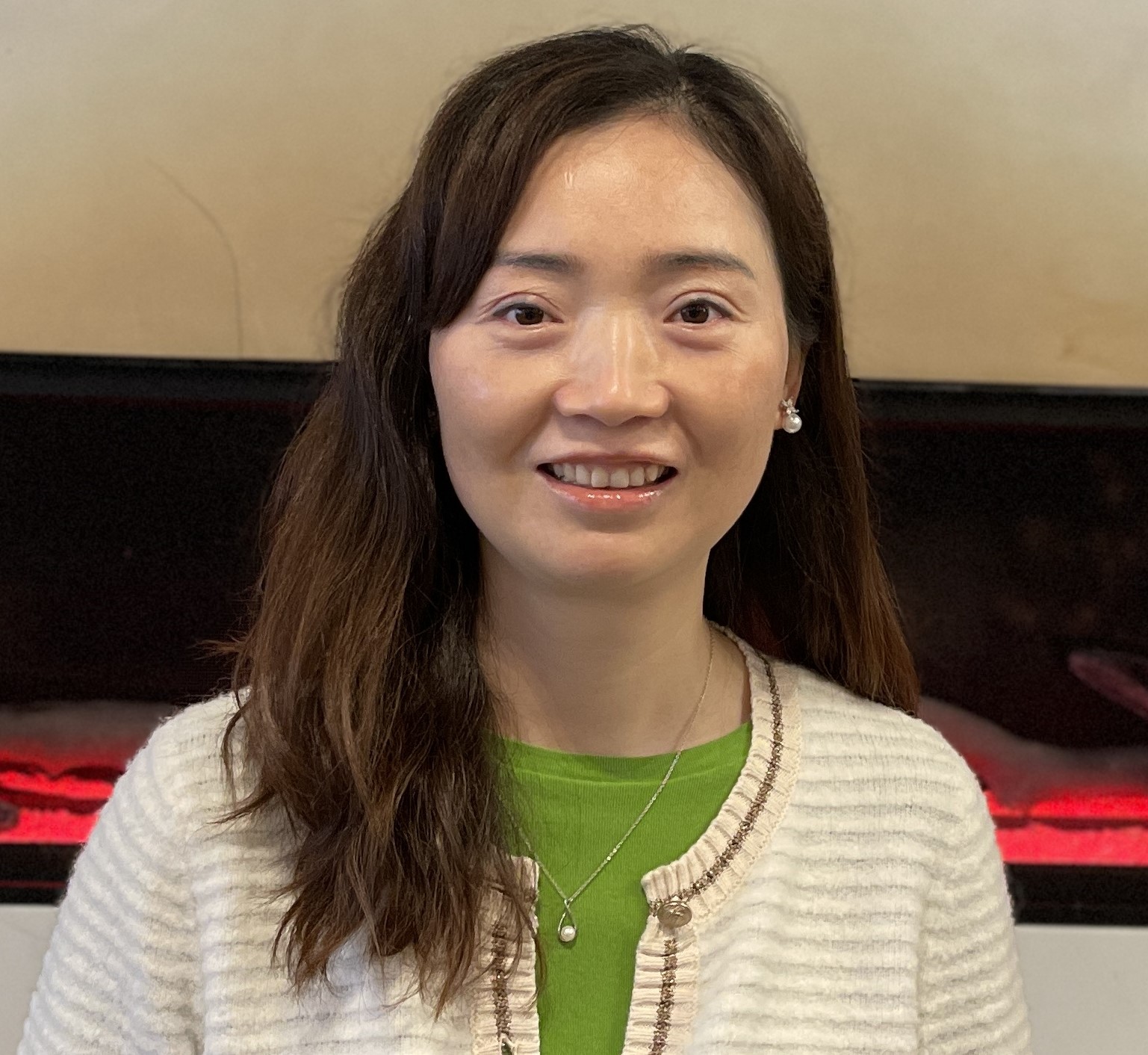 Sera Madsen is a UW School of Nursing DNP student and one of the de Tornyay Center for Healthy Aging’s 2024-2025 Scholars. Her research project is on “Expanding Dementia Awareness through Faith-Based Organizations in Rural or Underserved Washington Communities”, and her faculty mentor is Kori Dewing.
Sera Madsen is a UW School of Nursing DNP student and one of the de Tornyay Center for Healthy Aging’s 2024-2025 Scholars. Her research project is on “Expanding Dementia Awareness through Faith-Based Organizations in Rural or Underserved Washington Communities”, and her faculty mentor is Kori Dewing.
Why did you choose nursing?
I was looking for a job when I arrived in the U.S. in 2009. When I went to the Everett Clinic as a patient, I was shy and spoke broken English. The nurses and the doctors were warm and kind, and they patiently asked how I was doing and how they could help.
My passion for nursing also stems from my experience back home in China, where my father lost an eye in an accident. I felt so powerless, and that experience stayed with me.
Those two encounters— seeing compassionate care firsthand and remembering my frustration with my father’s vision loss- inspired me to become a nurse to help others.
Nursing felt like the perfect fit because it allows me to work side by side with my patients. I began my journey at Everett Community College. I have been an RN for 10 years. Today, I’m on a new path toward becoming a nurse practitioner, and I can’t imagine doing anything else.
What interests you about healthy aging?
The aging population is growing, and they have my most profound respect. They have made incredible contributions to our communities and societies. I am always eager to learn from them and help whenever possible.
However, many older adults are often overlooked or neglected because of limited mobility or social determinants of health. Many also face complex health challenges. I’m passionate about supporting them, helping them navigate complex chronic conditions, and promoting healthy aging so they can continue to live meaningful, fulfilling lives.
Could you briefly describe the project you did with the de Tornyay Center?
My project focused on expanding dementia awareness through faith-based organizations in rural Washington. The overall goal was to support the Dementia Friends of Washington’s outreach efforts in reaching more rural communities.
Dementia Friends of Washington organizes outreach programs by training volunteers to lead information sessions and provide resources and support. They currently serve 25 counties and are working to expand into the remaining 14.
Because I’m involved in a church supporting community initiatives, I recognized an opportunity to engage faith-based networks as a bridge to rural communities. As part of my project, I conducted surveys and interviews with stakeholders, including volunteers, regional leaders, and Dementia Friends Champions, to better understand barriers and identify outreach opportunities.
Based on their feedback, I created an outreach flyer and a dementia awareness video that can be shared with churches, charities, and nonprofit faith organizations. Although direct workshops with three rural churches are still in the early stages, I’ve transferred those partnerships to Dementia Friends Washington for ongoing collaboration.
What did you learn during your interviews?
Building trust in rural communities takes time. One of the biggest takeaways was the value of utilizing existing networks, such as churches or personal connections, to reach rural communities. Starting with existing relationships allows us to spend more time on meaningful implementation rather than on building rapport from scratch.
Another important insight was the strong preference for face-to-face workshops and Q&A sessions. Many community members felt they learned best through in-person interactions. I also learned that many churches juggle multiple priorities, including offering English classes and running support programs for incarcerated individuals.
Expanding the volunteer network will be essential for future outreach efforts, especially to meet the demand for more personalized, in-person sessions.
What is the potential impact of your project?
My project offers a model that Dementia Friends Washington can use to partner with faith-based organizations or other community groups.
It also addresses the stigma and misconceptions surrounding dementia, which remain common in rural areas.
During my engagements with stakeholders, I learned that stigma could have a powerful impact — some individuals choose not to disclose their diagnosis, especially in the early stages, out of fear of losing friendships or even their jobs.
By expanding dementia awareness through trusted community networks, we can help reduce stigma, promote understanding, and better support individuals living with dementia and their caregivers.
While doing this project was there anything that surprised you?
One thing that surprised me was how many rural communities had never heard of Dementia Friends Washington.
For example, one volunteer—a caregiver—was unaware of the program. After learning about it, he was inspired to organize new supportive programs for other caregivers in his community.
It was powerful to see how even one introduction to Dementia Friends Washington could have such a meaningful impact on individuals and local communities during my interviews.
Another surprising aspect was the growing number of volunteers from diverse backgrounds dedicated to working with Dementia Friends Washington to support people in need.
Their passion further inspired me to reflect on what we, as a society, can do to better support individuals living with dementia.
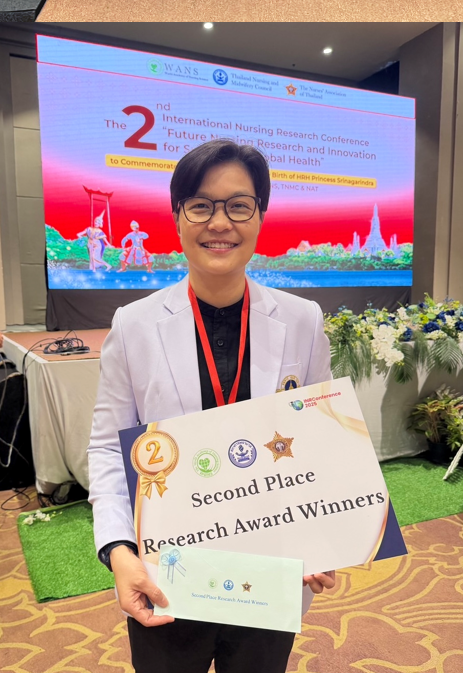 Congratulations to former de Tornyay Center scholar Inthira Roopsawang for receiving a second-place research award at the Second International Nursing Research Conference for her work on, “”Frailty measurements in hospitalised orthopaedic populations age 65 and older: A scoping review”!
Congratulations to former de Tornyay Center scholar Inthira Roopsawang for receiving a second-place research award at the Second International Nursing Research Conference for her work on, “”Frailty measurements in hospitalised orthopaedic populations age 65 and older: A scoping review”!